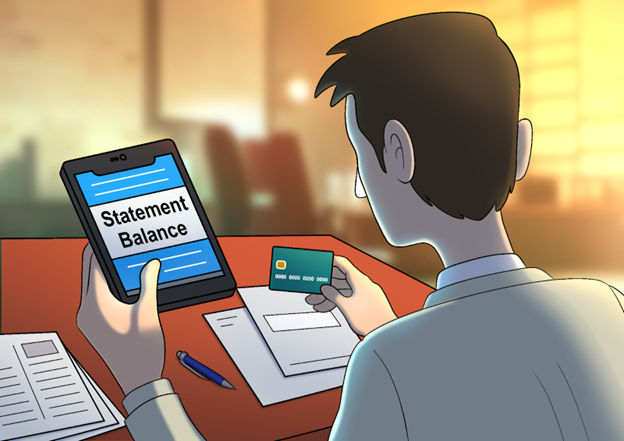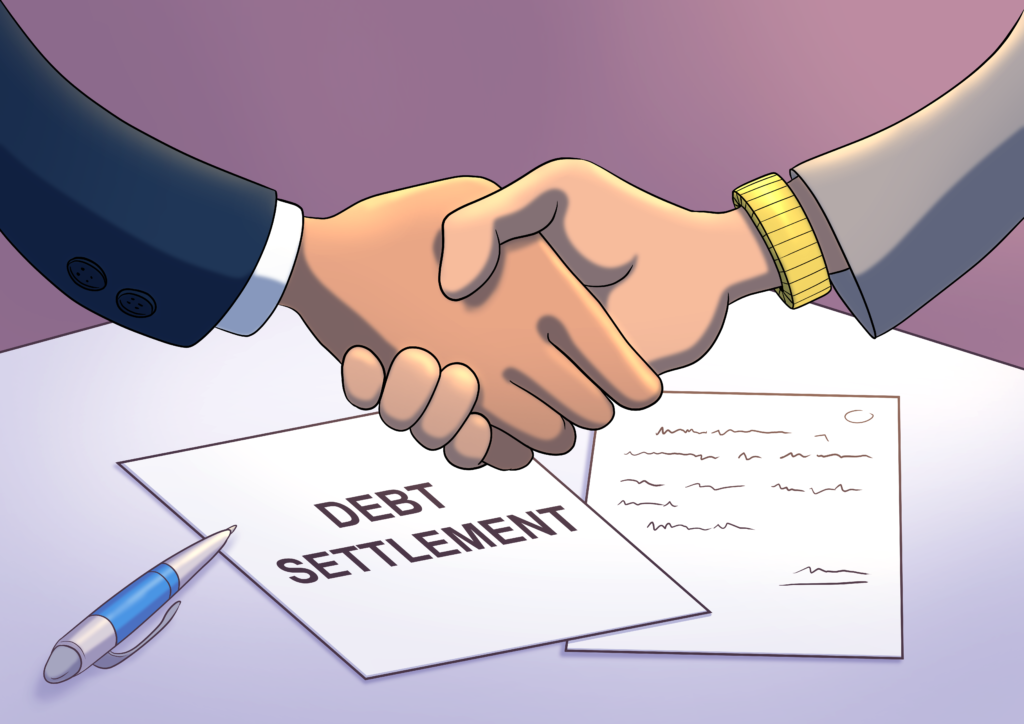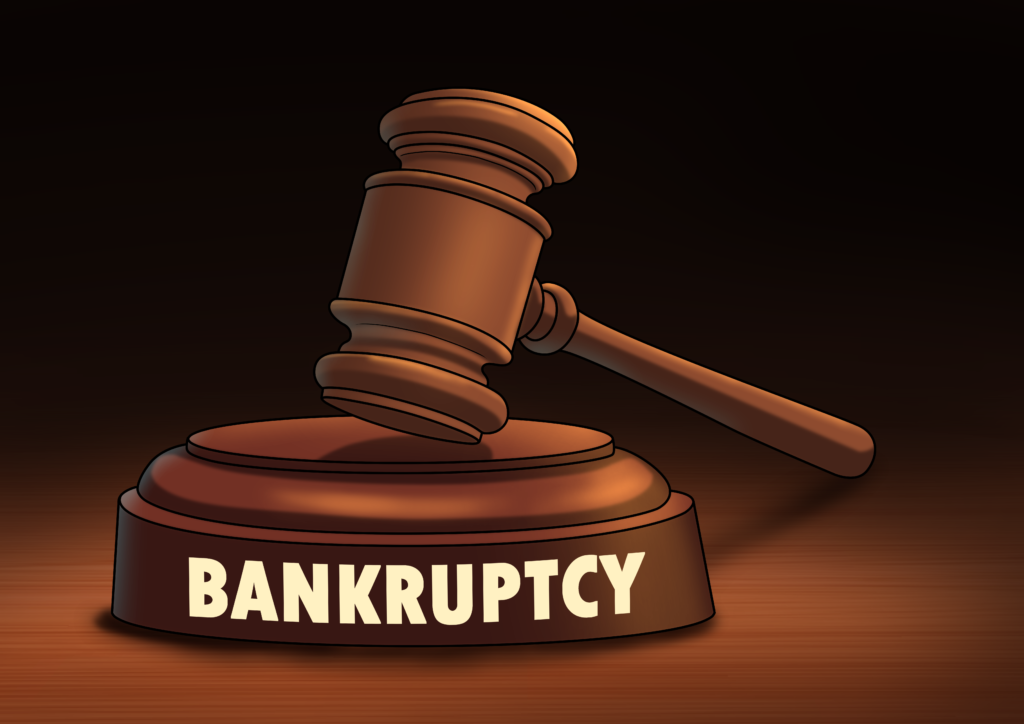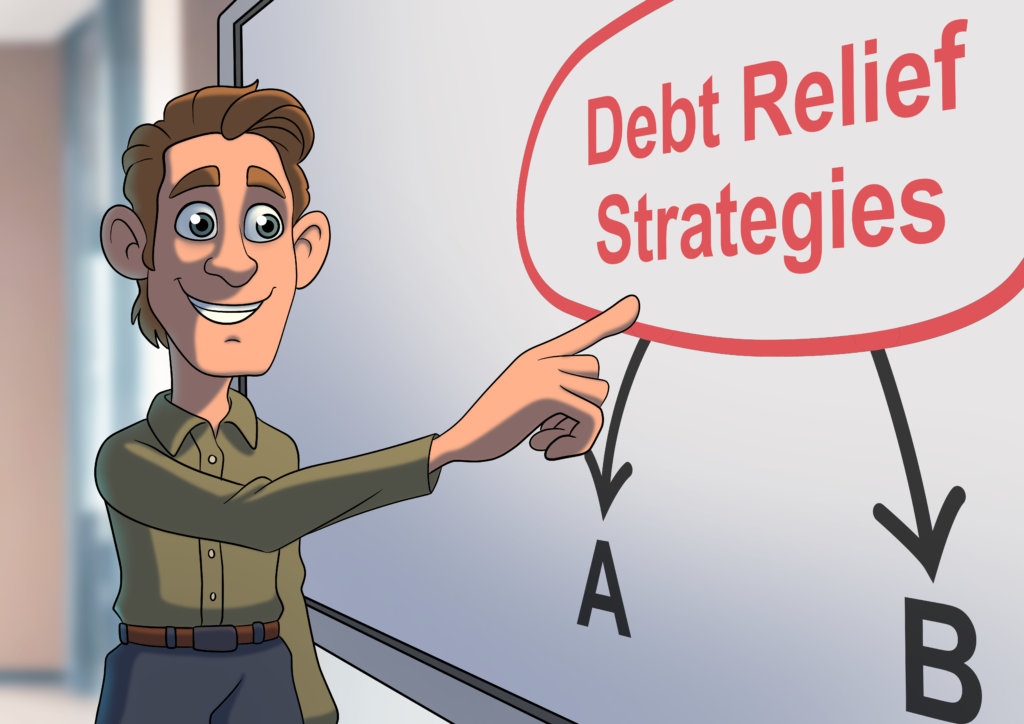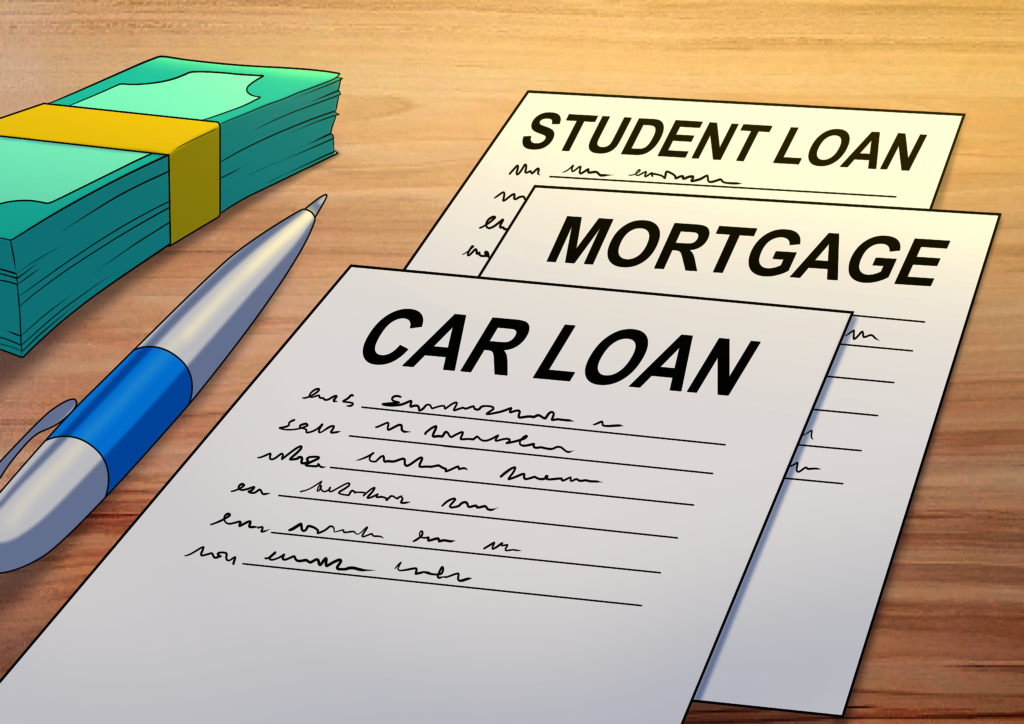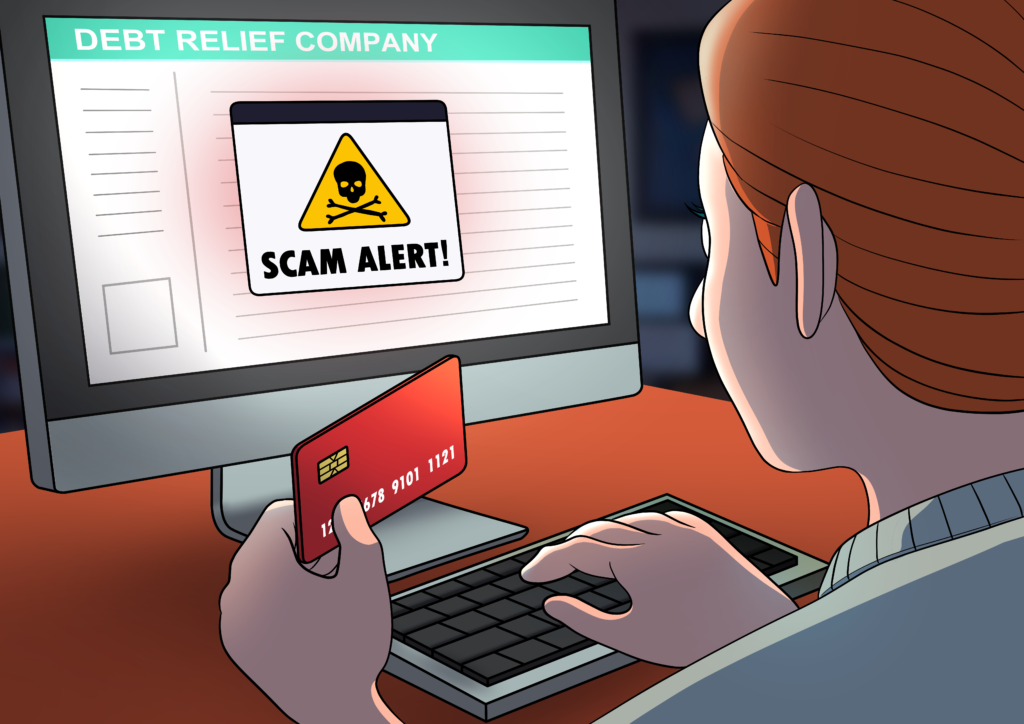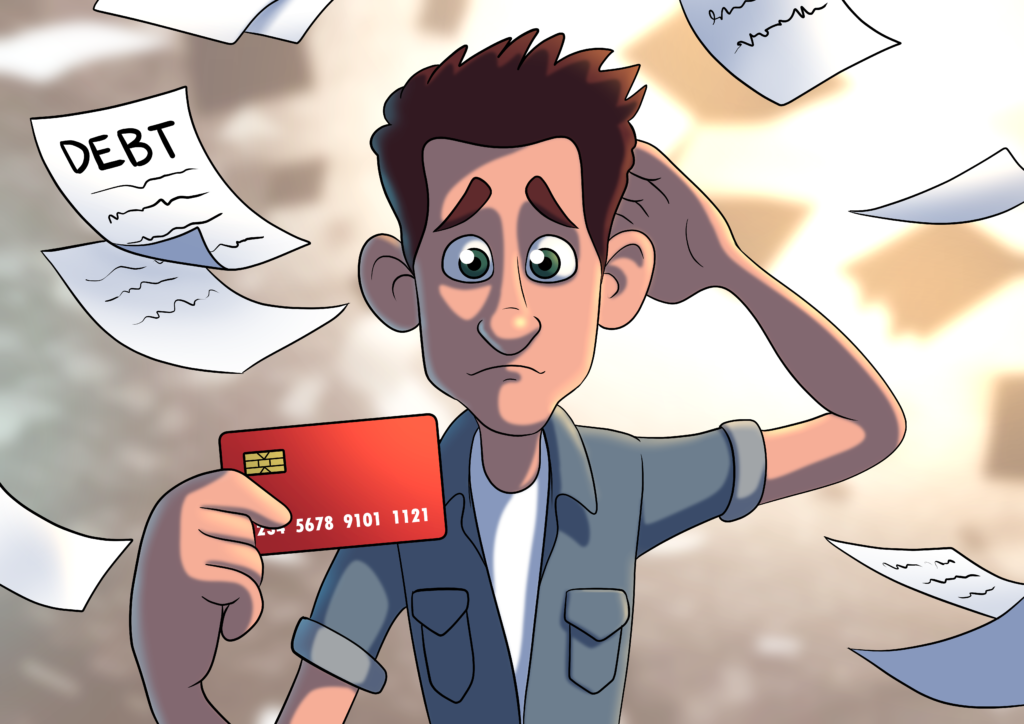Summary
A recent study by the Federal Reserve revealed that 77% of American families are carrying debt. The mounting debt, high-interest rates, and constant reminders of their financial struggles weigh heavily on a majority of the American population.
You don’t have to look too far to realize everyone dreads that sinking feeling in their stomach every time they receive their dreaded credit card statement. But thankfully, there’s a glimmer of hope—credit card debt forgiveness.
Credit Card Forgiveness happens when the credit card company forgives all—or a portion of your debt. But Credit Card Forgiveness can be pretty complicated.
So, today, we’ll explore everything about Credit Card Forgiveness. From the different terms and plans companies offer to how to request forgiveness from your issuer or a third party, to even the potential tax implications of Credit Card Forgiveness.
Let’s dig in!

